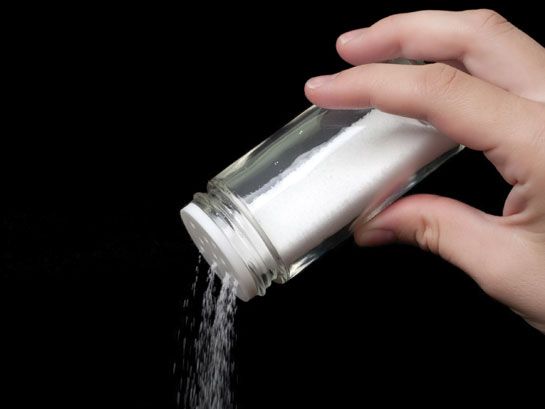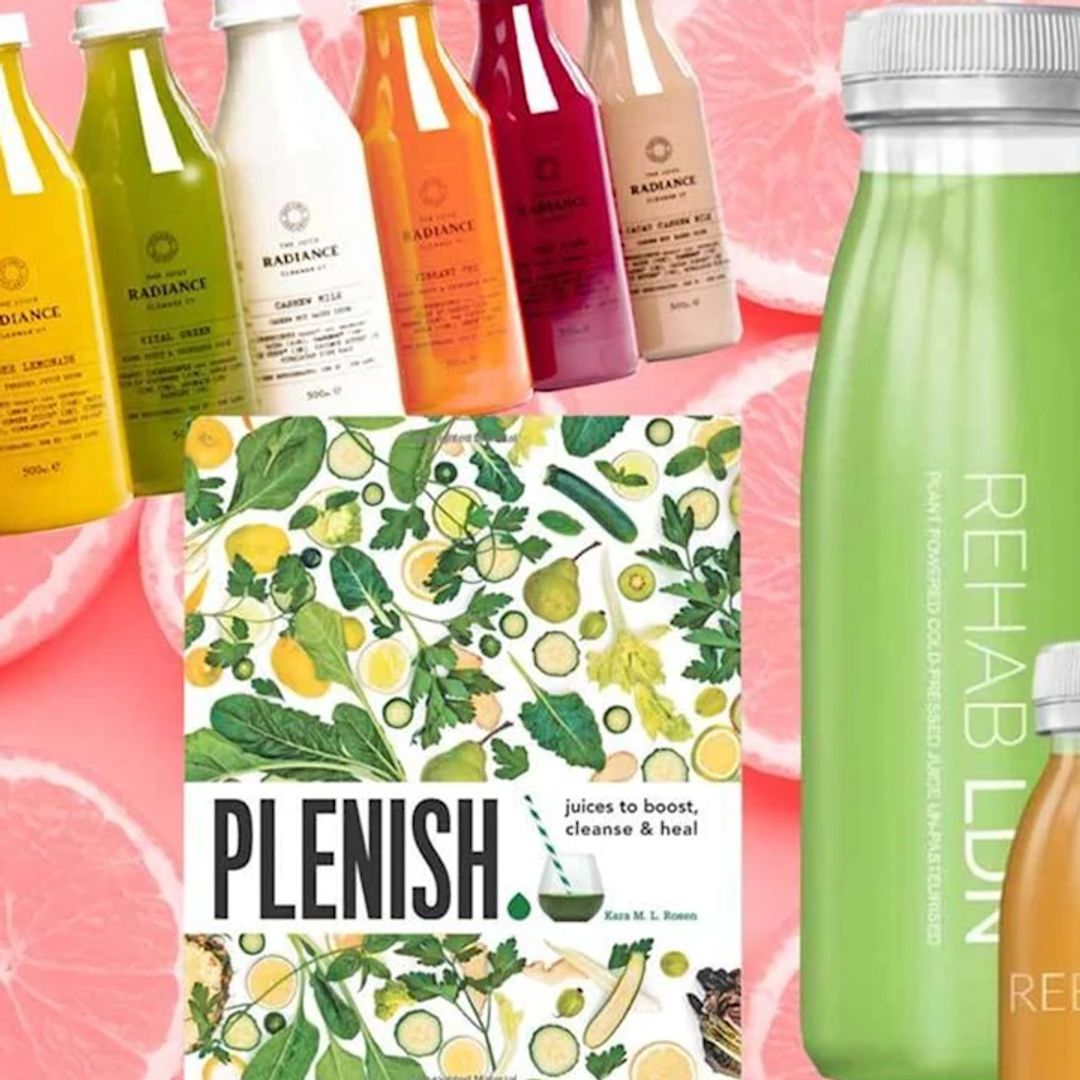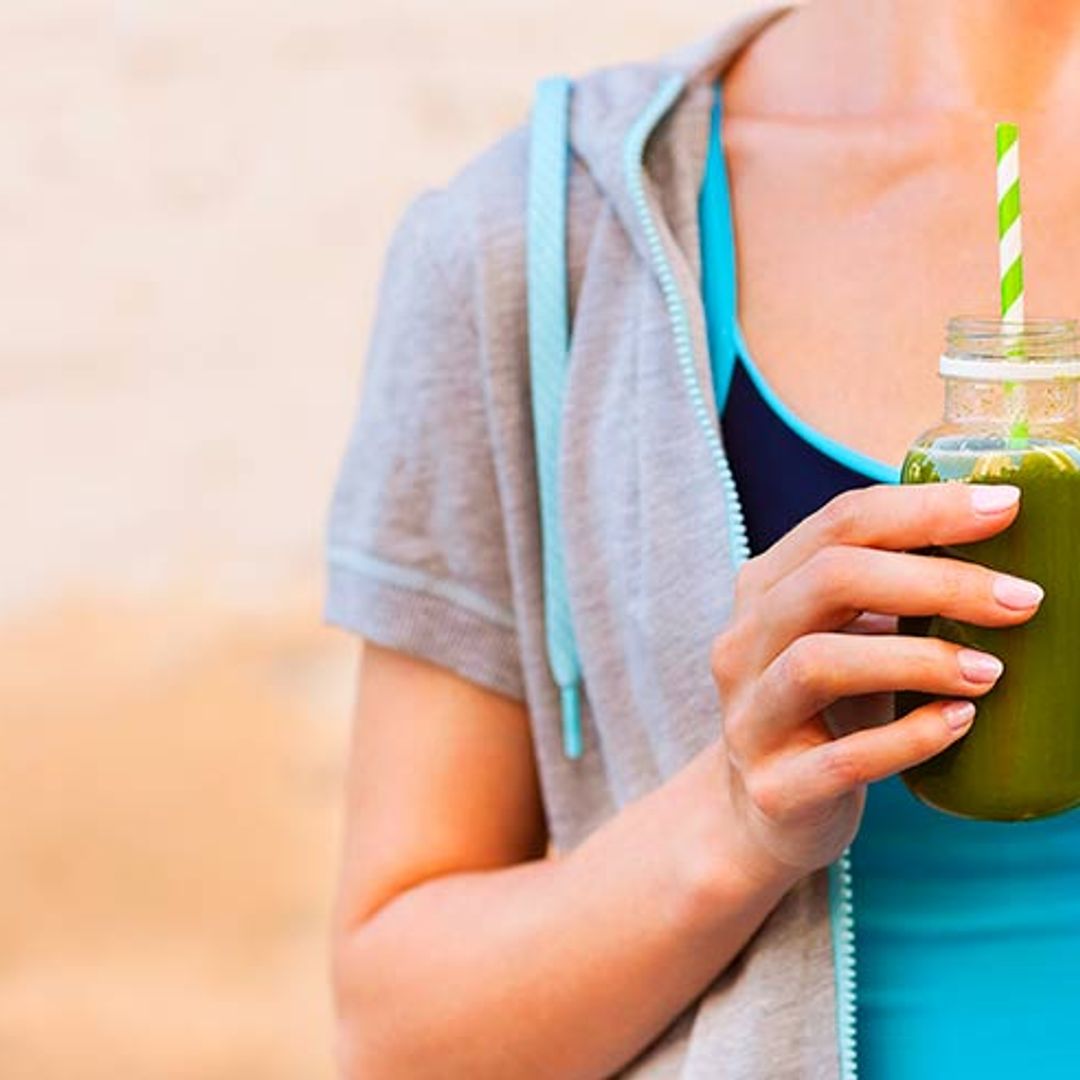From March 26, Salt Awareness Week will be focusing on stroke prevention due to the large amount of evidence linking salt with raised blood pressure and stroke risk. World Action On Salt and Health (WASH) was established in 2005 and is a global group with the mission to improve the health of populations throughout the world by achieving a gradual reduction in salt intake.Strong evidence links our current high salt intake to high blood pressure.
High blood pressure is the main cause of strokes and a major cause of heart attacks and heart failures, the most common causes of death and illness in the world.
Incredibly, only 20 percent of salt intake comes from salt added at the table, with the other 80 percent coming from processed food. By using only fresh ingredients packed with natural flavour, there is no need to add salt to make food taste good. Here are three easy steps to reduce your salt intake:- Don't add any salt when cooking or at the table. It will only take a couple of weeks for your taste buds to adjust to less salt. Before you know it you'll be appreciating the real taste of food and won't miss it at all!- Limit your intake of high salt ingredients such as processed meats, cheese, ready meals and instead make your own and eat more fresh fruit and vegetables.- Read the labels when shopping. It's really important to help you choose lower salt foods.
Tossed, the self-branded 'healthier eating place', has never added salt to its food since it first opened in 2005. They serve healthy, freshly made dishes that are also calorie counted.
Vincent Mckevitt, 30, the founder of Tossed finds other ways to make the healthy food tasty: ‘We add herbs, spices, chilli, lemon, seeds, we roast ingredients to intensify the flavours rather than using salt.'
A tip we could all use in our everyday cooking.









